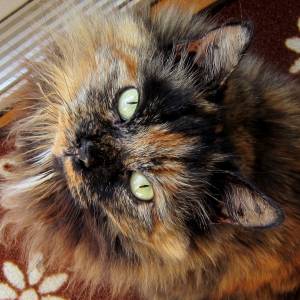Let sleeping cats lie...
A quiet day, catching up on long-neglected jobs...
This beautiful and tactile carving was created for me many years ago by my father, with my first cat, Sam, acting as model. Like every cat I have ever known, her favourite pastime was to curl up in a ball and sleep the day away!
Today's piece of useless trivia:
Let sleeping dogs lie.
This proverb, like so many others, has been traced back to Geoffrey Chaucer's works, specifically his 1374 poem Troilus and Criseyde. It means you shouldn't ask for trouble by stirring up something which is a potential source of difficulty or grief: "It is nought good a slepyng hound to wake."
This saying has appeared in numerous literary works and publications since Chaucer's time, including a 1546 book of English proverbs by John Heywood.
More well-known instances of "let sleeping dogs lie" occur in works like David Copperfield (1849) by Charles Dickens: "Let sleeping dogs lie—who wants to rouse 'em?"
and Margaret Mitchell's classic Gone With the Wind (1936): "He never mentioned Ashley and her love for him or made any coarse and ill-bred marks about "coveting her." She thought it best to let sleeping dogs lie, so she did not ask for an explanation of their frequent meetings."
http://fandom-grammar.livejournal.com/106507.html

Comments
Sign in or get an account to comment.


